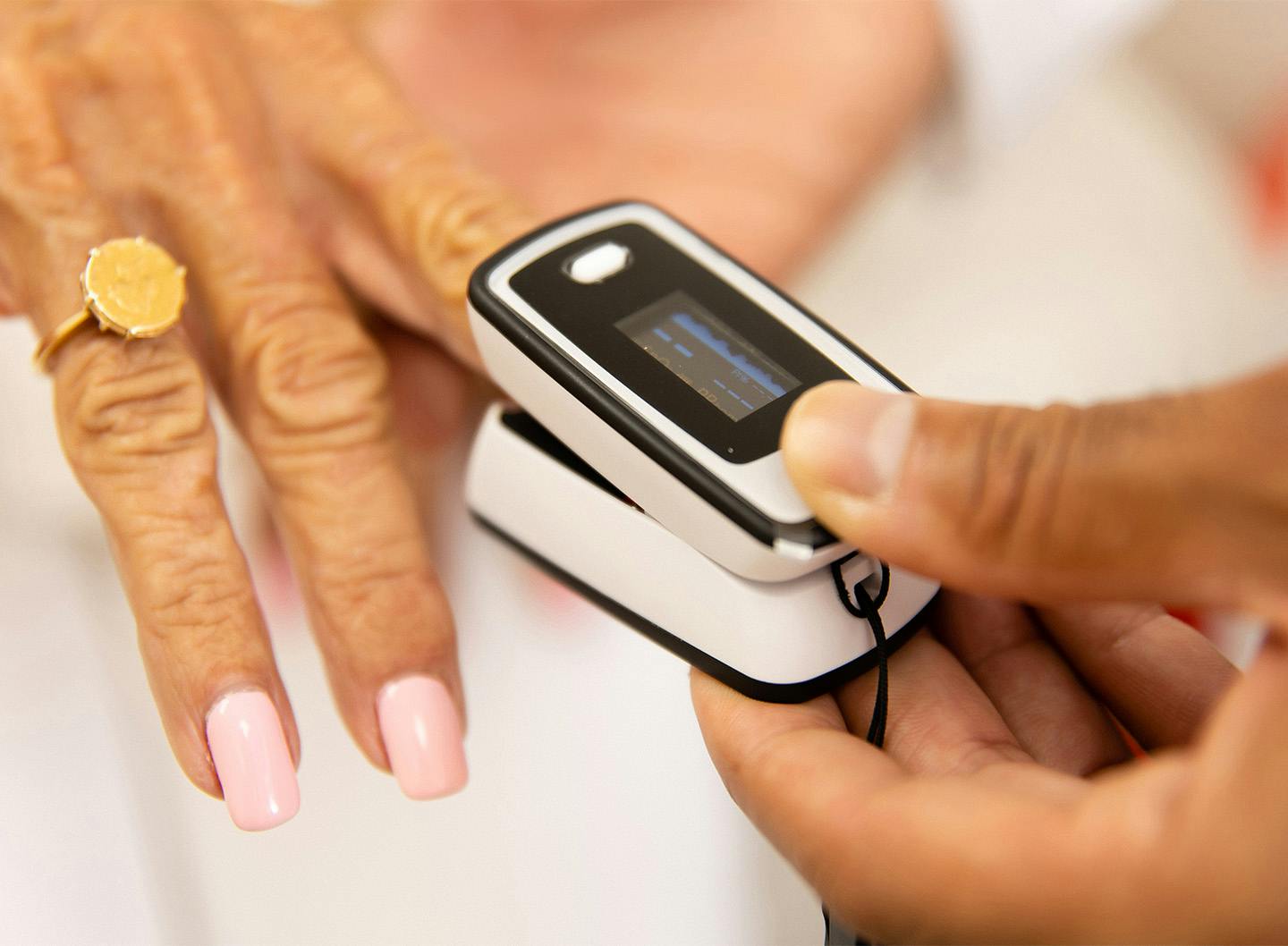Before you fly or travel to a high-altitude location, high-altitude simulation testing will let you know whether you need to take extra precautions for your lungs.
Who Should have High Altitude Simulation Testing?
If you’ve suffered from any chronic respiratory condition and plan to fly or visit a high-altitude location, you may be a good candidate for high-altitude simulation testing. To be eligible for this procedure, At Meliora, one of our knowledgeable pulmonologists will sit down with you for a private appointment. During this meeting, they will evaluate your health and medical history to determine if high-altitude simulation testing is a necessary step for you.










